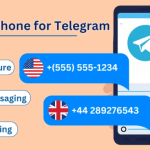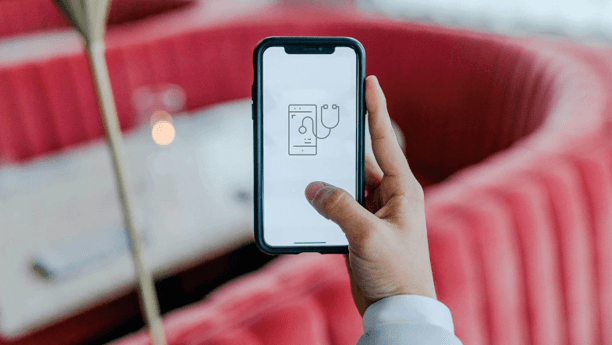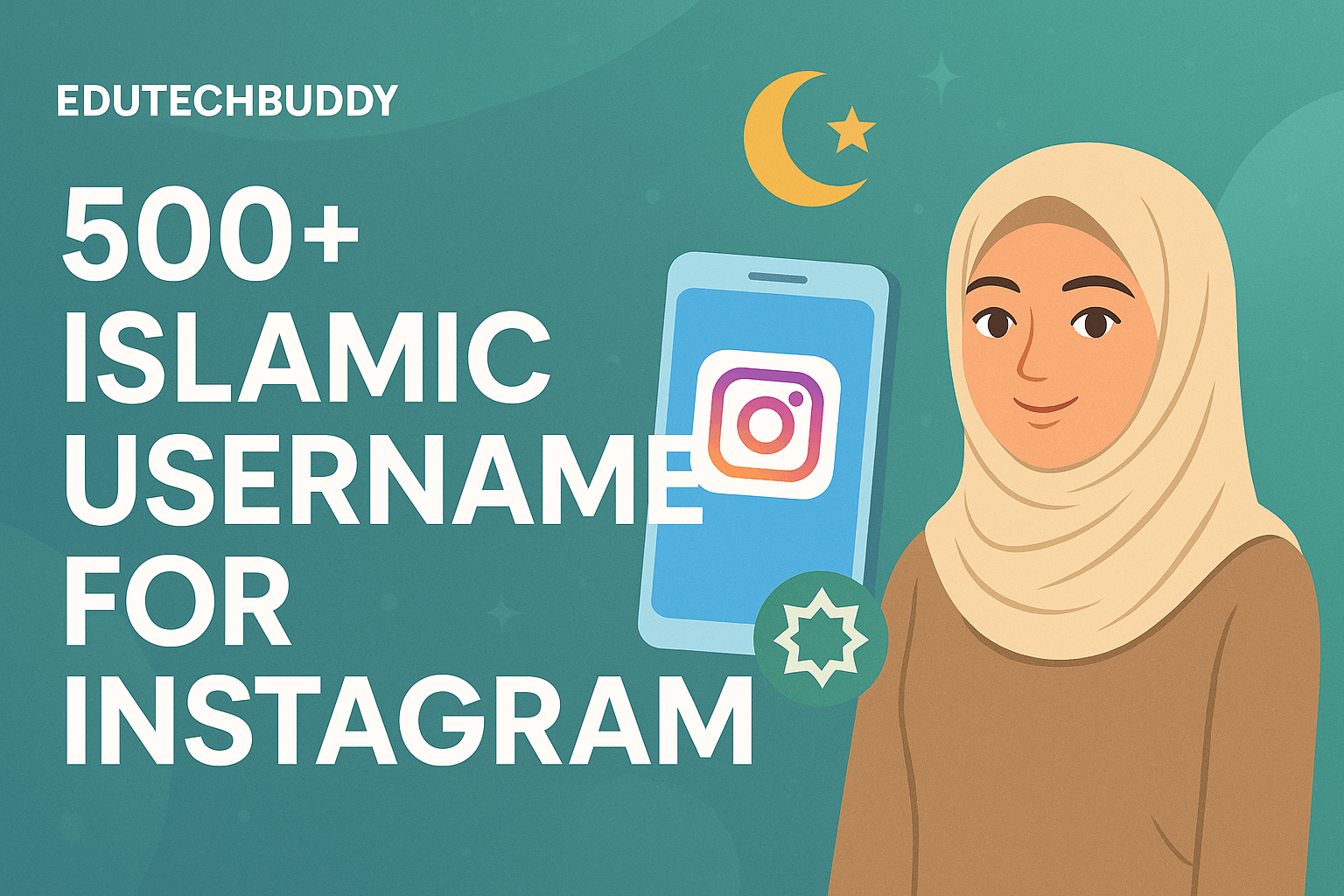Table of Contents
Today’s boom in healthcare application development is spawned not only from people’s desire to profit. The pandemic has shown the world how important efficient healthcare software is for the proper provision of services and treatment to people.
Custom healthcare application can be a key to addressing such pressing problems as healthcare staff shortages, long waiting times, burnout in doctors, etc.
So, if you’ve decided to embark on a quest towards creating your own healthcare app, you should try your best to build a solution that will eventually help lots of people get access to improved healthcare services.
To make sure your future product can do this job well, follow some simple steps explained and outlined below.
Decide on the App Type
As with any application, you should figure out where your app idea actually fits within the healthcare industry. You may want to look into the possibility of designing a medical reference solution, which will help healthcare providers access a wide array of databases and stay up to date in their medical domain.
Other options may include diagnosis chatbots, scheduling and reminder apps, e-prescribing software, telemedicine apps, medical databases software, etc.
Decide on the Functions
Once you decide which type of application you want to develop, think about the features your app will need to possess to properly serve the users’ needs. You may want to add dashboards to your solution to help users collect patient information and store it in the dedicated place.
This will spare healthcare practitioners the bother of manually processing tons of data. Not only can this feature help keep records and handle data efficiently, but also track the performance of a healthcare facility and aggregate large amounts of data concerning Key Performance Indicators.
Furthermore, you might consider adding the chatbot function, which will help automate doctor-patient communication. Real-time chat is a great option for matching up available physicians with patients requiring their help.
Bots are also effectively used for helping practitioners retrieve prescription and appointment information in real time and efficiently provide services to patients that need ongoing care.
In-app payment features will help patients arrange or make payments online. Make sure your users can pay their bills, buy subscriptions and wellness products, and much more quickly and securely.
For this, you will need to integrate different payment methods into your app and use tools, which help identify and curb possible fraud risks.
It’s also a good idea to integrate the analytics feature into your healthcare app. Reporting and charting functions can go a long way towards helping healthcare facilities accurately accumulate details for analytics, analyze data , and keep track of their progress.
Other useful functions you might want to make part of your healthcare app is real-time video chat, user portal, reminders and notifications, doctor geolocation, prescription tracking, etc.
Make Security Your Top Priority
Since you’ve ventured into developing an e-health app, you should be ready to comply with a wide array of requirements and rules to ensure both patient and physician data are safe and secure against unauthorized use. This includes managing healthcare IT, which entails taking appropriate measures to protect confidential patient data.
In most cases, developers need to get all the required permissions and certifications from an authorized agency. In some countries, this process is simplified, though.
That being said, the onus is on you to find out what legal regulations your future app needs to meet. Keep in mind that all app developers are liable for any disclosure of patients’ sensitive information and data breaches.
Once you get the necessary certifications, you will need to take several important steps to finesse your security features. First, think what security pros and cons the platforms you want to deploy your app to possess.
Make sure your app has strong user authentication and features an accessible privacy policy. It’s a good idea to use multi-factor authentication, which includes the protection offered by a password and other components like biometrical data or voice recognition. Finally, ensure security for all stakeholders by using encryption.
Design Your App
Effective user interface (UI) and user experience (UX) designs are very important for the success of your digital product. And your healthcare app is no exception. To meet your users’ needs, you should figure out their pain points and come up with effective solutions to address them.
Make sure not to clutter your interface with unnecessary icons and features. Make it as intuitive and clear as possible. Also, try to keep the number of ‘interaction’ points for your patient-users to a minimum.
Code Your App
It’s very important that you hire experienced and professional developers who have relevant experience in creating e-health apps. They will help select the right tech stacks and tools necessary for creating an effective and robust solution for your intended users.
You can also tap into the power of out-of-the-box solutions, which help users create apps even without any coding experience.
Such app builders will provide you with default templates, which you’ll be able to customize to your liking without making any substantial changes to its architecture, functionality, etc.
But if you want to create a truly original, scalable, and flexible app with rich functionality, you should definitely set your sights on custom app development, of course.





![1000 Girl Attitude Names for Truecaller ID | UPDATED [Included Boys Names] 1000 Attitude Names for Girls on Truecaller](https://edutechbuddy.com/wp-content/uploads/2025/05/ChatGPT-Image-May-21-2025-11_59_39-PM-1-150x150.png)






![1000 Girl Attitude Names for Truecaller ID | UPDATED [Included Boys Names] 7 1000 Attitude Names for Girls on Truecaller](https://edutechbuddy.com/wp-content/uploads/2025/05/ChatGPT-Image-May-21-2025-11_59_39-PM-1.png)